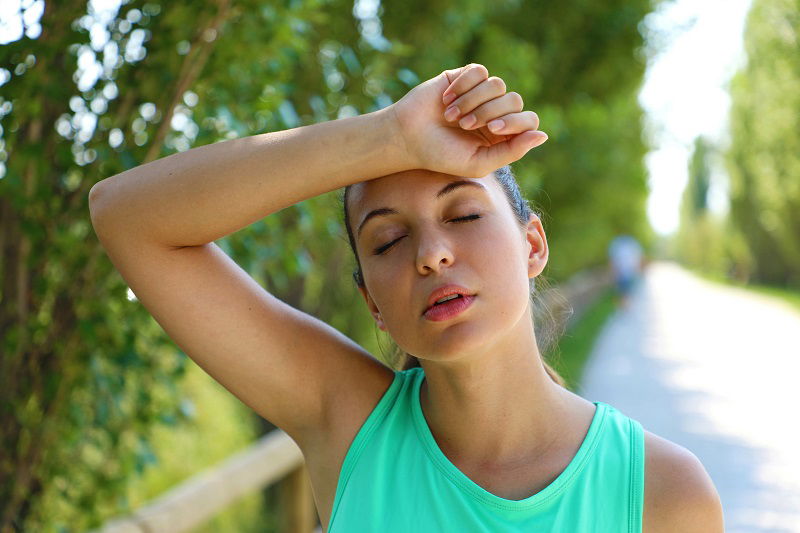Do you have allergies and feel like every time you experience a flare-up, you become very tired? As if you didn’t have enough to deal with when it comes to allergic symptoms—in addition to a runny nose, wheezing, a cough, itchy and watery eyes, and more, allergies can make you feel constantly tired. Here’s how allergies are linked to fatigue.
How do allergies cause fatigue?
When you experience allergy flare-ups, you may also notice that you feel more tired than usual. This is because allergens prompt your body to release chemicals called histamines. Histamines help your body fight allergies, but they can also cause swelling in your nasal passages. This can lead to congestion, which can worsen your symptoms and make it difficult to sleep. Poor sleep results in fatigue.
How do you treat fatigue caused by allergies?
In most cases, the best way to treat fatigue caused by allergies is to treat your allergies. The first step is to determine what you are allergic to.
Get a diagnosis for your allergies.
The key to successfully treating your allergies is knowing what you are allergic to. An allergist can conduct allergy testing to determine which allergens trigger your symptoms. You can then work with your doctor to treat your allergies.
Avoid your allergy triggers.
Once you know what you are allergic to, it is best to limit your exposure to those allergens as much as possible. For example, if you have outdoor allergies to pollen (from trees, grass, or weeds) or mold, you can keep your windows closed to help keep those allergens out of your home. When you do spend time outside, bathe and change your clothes as soon as possible to avoid bringing the allergens inside. If you are allergic to indoor allergens like pet dander or dust mites, it is helpful to change your HVAC filters often and regularly clean your carpets, sheets, and other linens.
Your allergist will be able to help you develop a plan to limit exposure to allergens. This can be an important part of managing your allergies and therefore reducing fatigue.
Seek treatment for your allergies.
In addition to avoiding your allergy triggers, you can take over-the-counter medications like antihistamines to relieve your allergy symptoms. For more long-term relief from allergies, you can talk to your allergist about allergy shots or immunotherapy, which aim to lessen your body’s immune response to allergens. Allergy shots can be a good solution to allergy-related fatigue because they provide non-drowsy allergy relief. With your doctor, you can determine the best treatment options for your allergies.
Once your allergies are under control, you should be able to sleep better and therefore feel better rested. If managing your allergies does not improve your fatigue, another issue may be at play. At that point, you can speak with your doctor about possible causes. They may refer you to a sleep expert for a sleep test to determine why you are feeling so tired.
For more information about how allergies can cause fatigue and how to manage your symptoms, we welcome you to contact us today at West River ENT & Allergy.




